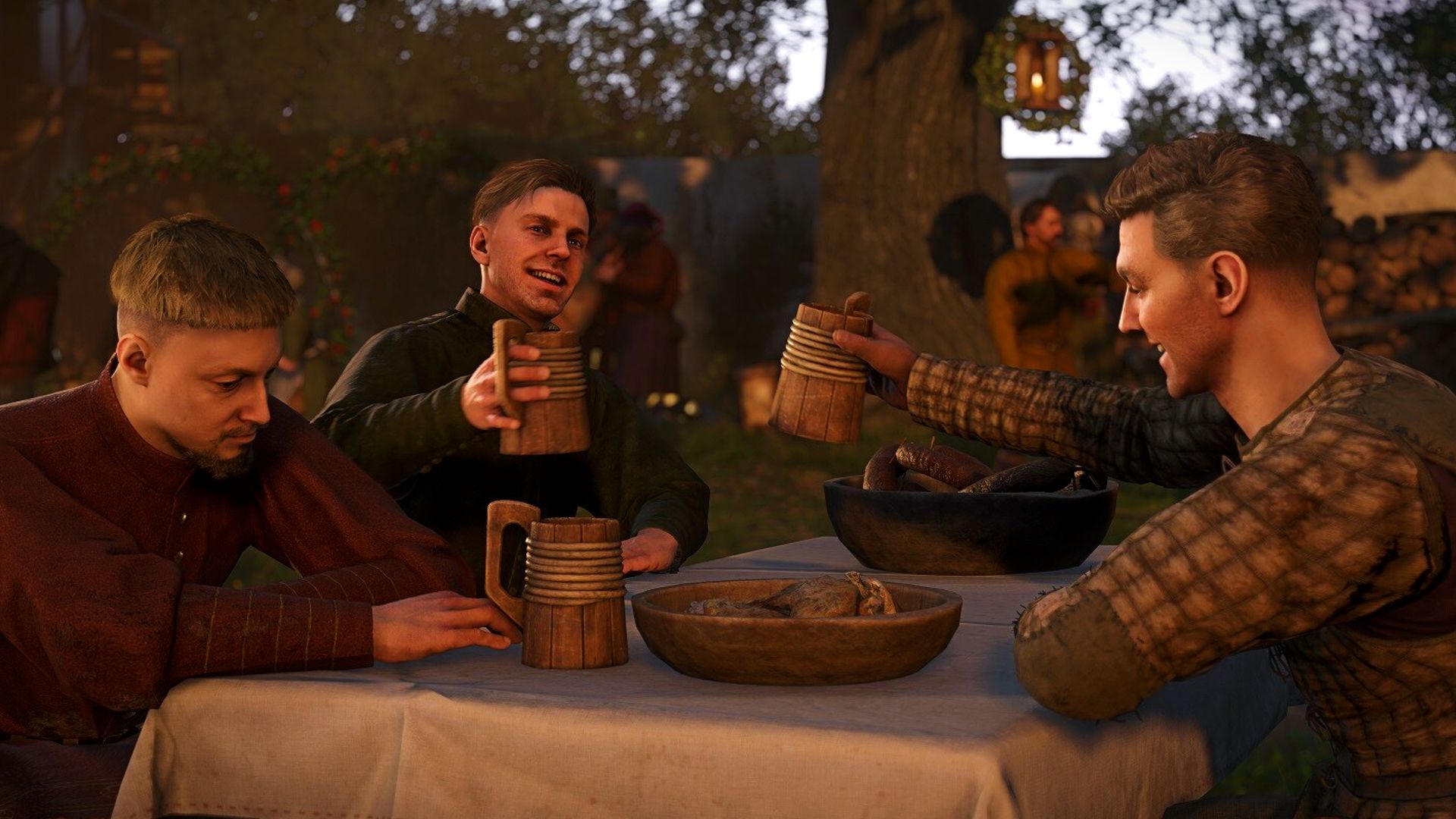
In the realm of athletics, supporters frequently feel a wave of exhilaration when a new athlete joins their beloved squad, hoping that this addition will boost the team’s performance. This excitement isn’t confined to sports; it also permeates the world of video game creation, where fervent fans meticulously track the activities of prominent developers as they move between various studios. While this enthusiasm may not reach the same intensity as that of sports enthusiasts, it undeniably thrives among committed gaming circles.
Recently, a noteworthy “trade” has taken place in the gaming sector, reminiscent of a high-stakes sports transfer. A lead quest designer from the group behind “Kingdom Come Deliverance 2” has made a significant shift to align with CD Projekt Red, the illustrious creators of “The Witcher” franchise. This change has ignited curiosity and speculation among followers of both series, as they contemplate the possible effects on forthcoming game developments.
“Kingdom Come Deliverance 2,” the highly awaited follow-up to the critically lauded medieval role-playing adventure, is recognized for its focus on historical fidelity and immersive narratives. The exit of a lead quest designer could shape the trajectory and narrative depth of the game, leaving fans eager to see how the team will evolve and maintain the rich experiences they anticipate.
Conversely, CD Projekt Red’s “The Witcher 4” represents a much-anticipated venture, with supporters keen to witness the series’ progression. The inclusion of an experienced quest designer from “Kingdom Come Deliverance 2” could infuse new insights and innovative concepts into the development process, potentially elevating the storytelling and quest mechanics that “The Witcher” series is renowned for.
Although the enthusiasm surrounding these transitions may not match the fervor of sports fans, it underscores the dedication and passion that gaming communities have for the creative minds behind their cherished games. These shifts can create excitement and anticipation, as fans theorize on how new team dynamics will affect the games they cherish.
In summary, the movement of influential developers between studios can evoke a sense of eagerness and thrill akin to that felt by sports enthusiasts during player transfers. For those attuned to the gaming landscape, these shifts provide insight into the ever-changing realm of game development and the possibilities for innovative and engaging experiences ahead.